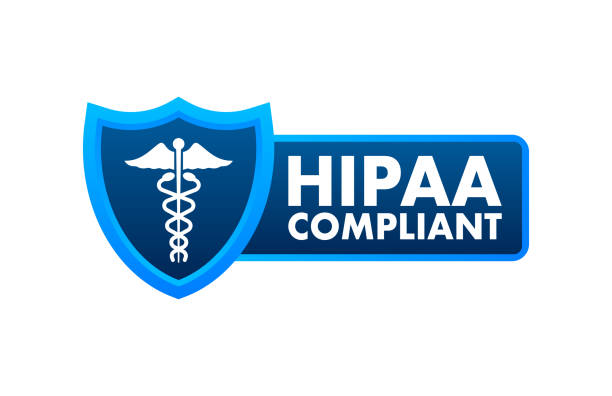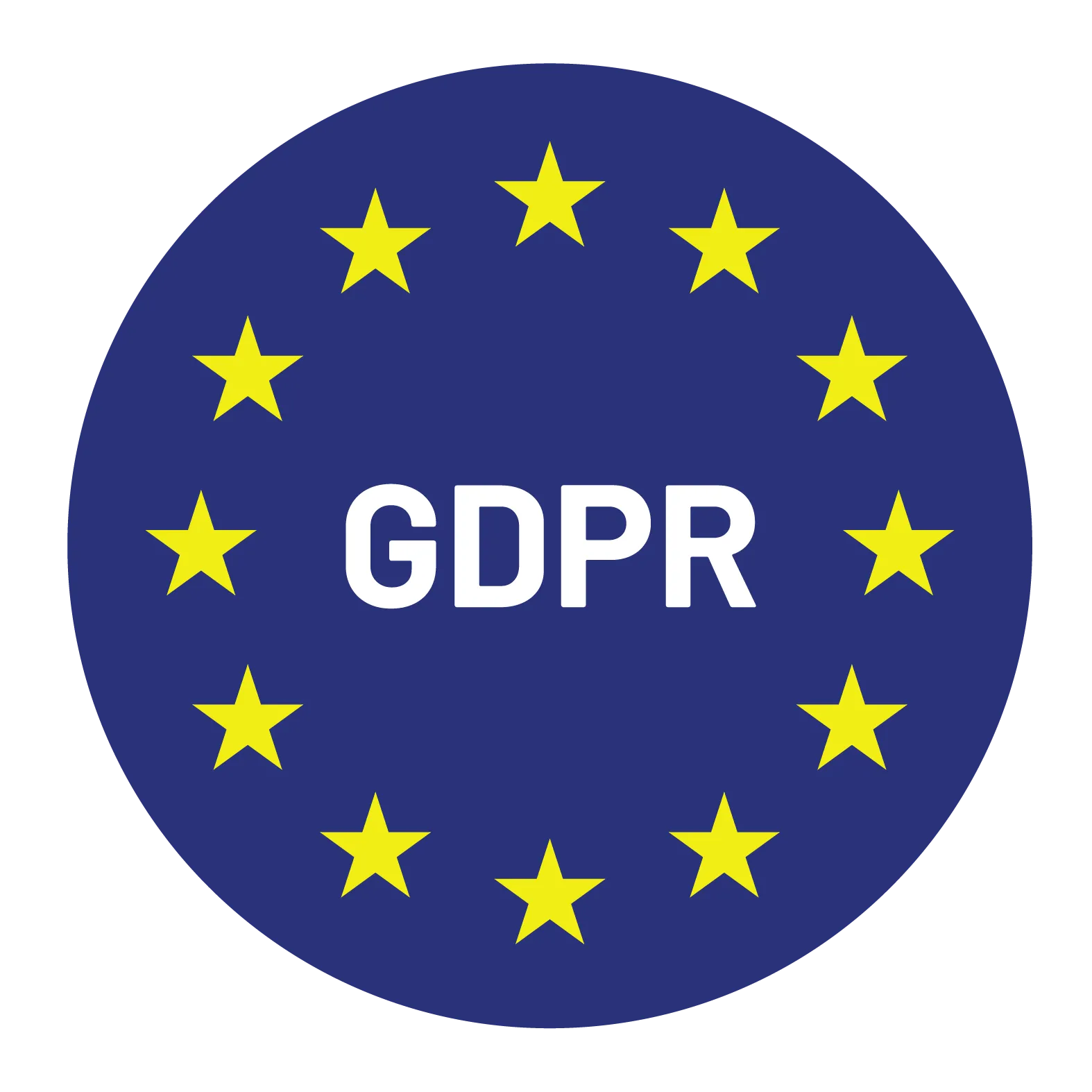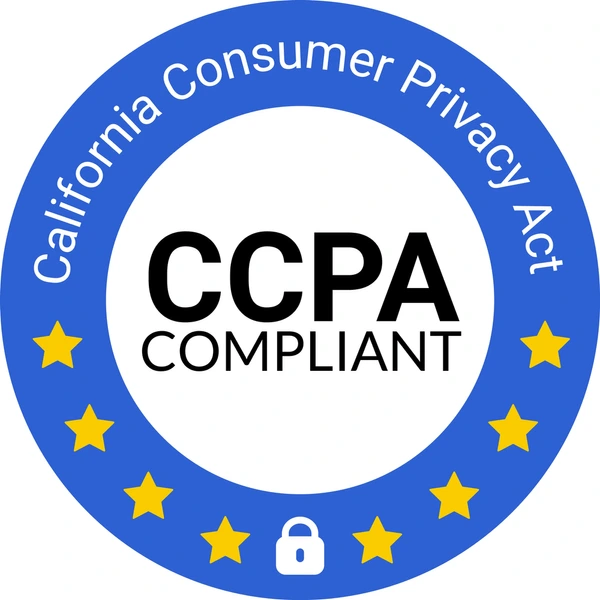Compliance with Canadian Data Protection Laws
LiFet OS complies with all applicable Canadian data protection laws, including:
- Personal Information Protection and Electronic Documents Act (PIPEDA)
- Provincial health privacy laws (for applicable provinces)
- Quebec's Law 25 (formerly Bill 64)
- Alberta's Personal Information Protection Act (PIPA)
- British Columbia's Personal Information Protection Act (PIPA)
Health Information Protection Across Canada
For health information handling, LiFet OS complies with:
- Ontario: Personal Health Information Protection Act (PHIPA)
- Alberta: Health Information Act (HIA)
-
British Columbia: E-Health (Personal Health Information Access and
Protection of Privacy) Act
- Quebec: Act respecting health services and social services
-
Other provinces: Equivalent protections as required by local legislation
Our platform implements safeguards that meet or exceed all provincial requirements for health
information protection.
Compliance with Canadian Data Protection Laws
LiFet OS, as a product of LiFet Media Inc., complies with all applicable Canadian data
protection laws, including the Personal Information Protection and Electronic Documents Act
(PIPEDA) and provincial privacy laws such as Quebec's Law 25 (formerly Bill 64).
PIPEDA Compliance Framework
The Personal Information Protection and Electronic Documents Act (PIPEDA) is the federal privacy
law for private-sector organizations in Canada. LiFet OS complies with PIPEDA's 10 fair
information principles:
1. Accountability
We have designated individuals responsible for compliance and have implemented policies and
practices to protect personal information:
- Appointed Privacy Officer
- Documented privacy policies and procedures
- Regular staff training
- Third-party compliance assessments
2. Identifying Purposes
We clearly identify the purposes for which personal information is collected:
- Detailed privacy notices
- Purpose specification at point of collection
- No undisclosed secondary uses
3. Consent
We obtain meaningful consent for the collection, use, or disclosure of personal information:
- Clear, understandable consent requests
- Granular consent options
- Easy withdrawal mechanisms
- Special protections for sensitive information
4. Limiting Collection
We limit the collection of personal information to what is necessary for the identified
purposes:
- Data minimization built into systems
- Regular reviews of collection practices
- No collection beyond stated purposes
5. Limiting Use, Disclosure, and Retention
We do not use or disclose personal information for purposes other than those for which it was
collected:
- Strict controls on data use
- Documented retention schedules
- Secure destruction procedures
- No secondary use without consent
6. Accuracy
We keep personal information as accurate, complete, and up-to-date as necessary:
- Processes for individuals to update information
- Regular data quality checks
- Systems to correct inaccurate data
7. Safeguards
We protect personal information with security safeguards appropriate to the sensitivity of the
information:
- Physical, organizational and technical measures
- Regular security assessments
- Employee training
- Incident response plans
8. Openness
We make information about our policies and practices readily available:
- Comprehensive privacy notices
- Accessible policies
- Transparent operations
9. Individual Access
Upon request, we inform individuals of the existence, use, and disclosure of their personal
information:
- Clear access request procedures
- Timely responses
- No unreasonable fees
- Explanation of refusals
10. Challenging Compliance
We provide a process for individuals to challenge our compliance with these principles:
- Designated complaint process
- Investigation of all complaints
- Appropriate remedies
- Documentation of outcomes
Quebec's Law 25 Compliance
For our customers in Quebec, LiFet OS complies with the requirements of Law 25 (formerly Bill
64), which amended Quebec's Act respecting the protection of personal information in the private
sector. Key aspects of our compliance include:
Privacy Governance
- Appointment of a Privacy Officer responsible for compliance
- Privacy Impact Assessments for new projects
- Documented privacy policies and procedures
Enhanced Individual Rights
- Right to data portability
- Right to be informed of automated decision-making
- Right to cessation of dissemination of personal information
Breach Notification
-
Notification to Commission d'accès à l'information (CAI) of breaches involving personal
information
- Notification to affected individuals when breaches present a risk of serious injury
- Maintenance of breach registers
Data Protection by Default and Design
- Privacy considerations integrated into product development
- Default privacy-friendly settings
- Minimal data collection by default
Cross-Border Data Transfers
While LiFet OS primarily uses cloud infrastructure located in the United States, we ensure that
all transfers of Canadian personal data outside of Canada are protected by appropriate
safeguards, including:
- Standard contractual clauses that provide adequate protection for personal data
- Strong encryption for data in transit and at rest
-
Comprehensive security measures to protect the confidentiality and integrity of personal
data
- Transparency about data locations and transfers




